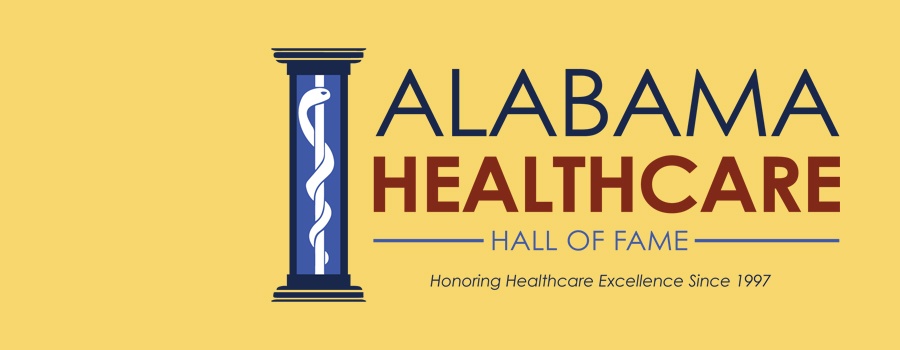Tag: healthcare
-

Six Association Members Inducted into Alabama Healthcare Hall of Fame for 2018
MONTGOMERY — This year the Alabama Healthcare Hall of Fame inducted 12 new members into the Class of 2018, six of which are currently or were previous members of the Medical Association. We are very proud of our physicians, and we would like to extend our best wishes to these medical pioneers for their amazing…
-

The Medical Association Supports Replacement of ACA with Workable Health Care System
The Medical Association released its 2017 Legislative Agendas earlier this year, which were developed with guidance from the House of Delegates and great contribution from our physician members who participated in the 2017 Legislative Agenda Survey. The Medical Association has continued to express support for the repeal of the Affordable Care Act and its replacement…
-

New American Health Care Act Comes Under Fire
Earlier this week, members of the House Energy and Commerce Committee released legislation as part of the House Republicans’ efforts to repeal and replace Obamacare. Although the legislation cleared its first hurdle with a lengthy, contentious markup session that began Wednesday, the House Ways and Means Committee approved the American Health Care Act. The House…